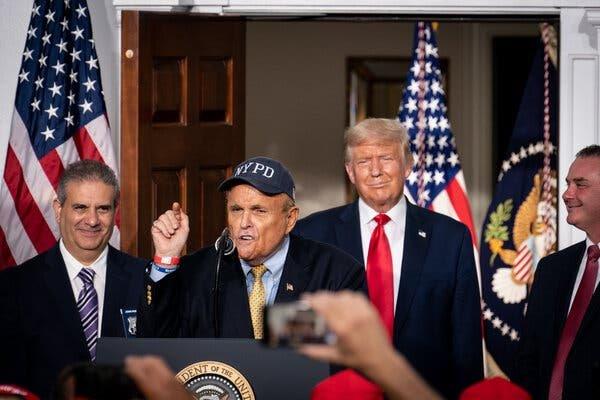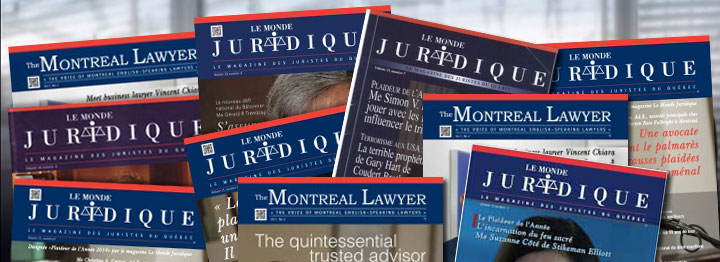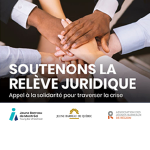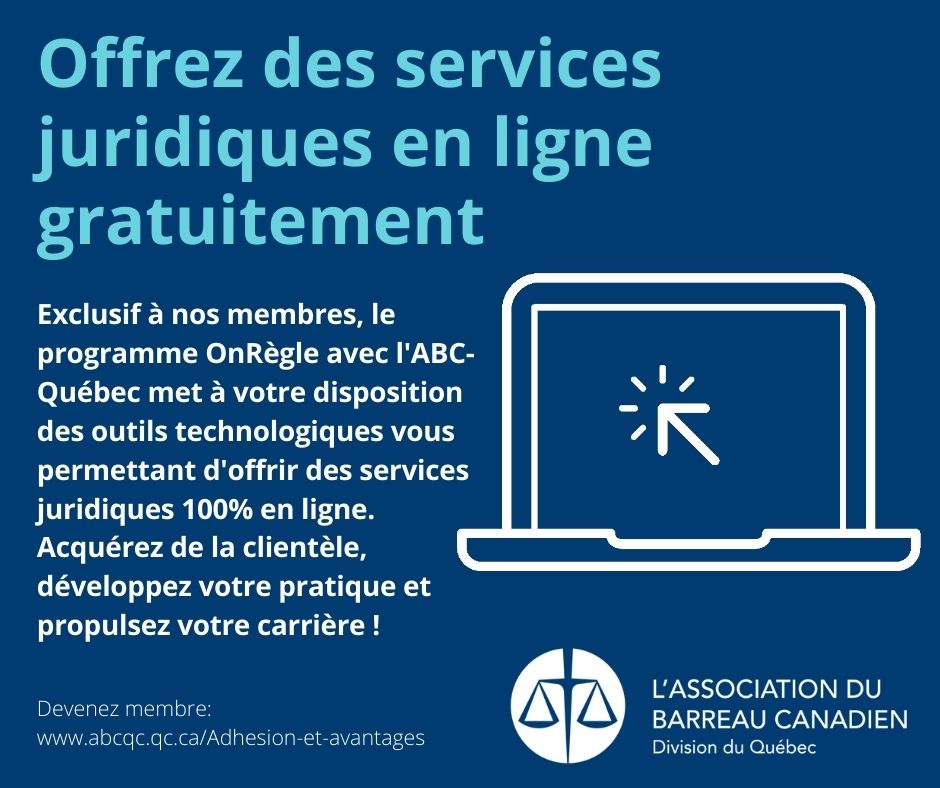F.B.I. Searches Giuliani’s Home and Office, Seizing Phones and Computers

Prosecutors obtained the search warrants as part of an investigation into whether Rudy Giuliani broke lobbying laws when he was President Donald J. Trump’s personal lawyer.
Federal investigators on Wednesday seized cellphones and computers from Rudolph W. Giuliani, the former mayor of New York City who became President Donald J. Trump’s personal lawyer, stepping up a criminal investigation into Mr. Giuliani’s dealings in Ukraine, three people with knowledge of the investigation said.
F.B.I. agents executed search warrants around 6 a.m. at Mr. Giuliani’s apartment on Madison Avenue and his Park Avenue office in Manhattan, carting away the electronic devices, Mr. Giuliani confirmed in a statement.
The execution of search warrants is an extraordinary action for prosecutors to take against a lawyer, let alone a lawyer for a former president. The move marked a major development in the long-running investigation into Mr. Giuliani, which examines some of the same people and conduct that were at the center of Mr. Trump’s first impeachment trial.
It was also a remarkable moment in Mr. Giuliani’s long arc as a public figure. As mayor, Mr. Giuliani won national recognition for steering New York through the dark days after the Sept. 11 attacks, and earlier in his career, he led the same U.S. attorney’s office in Manhattan that is investigating him now, earning a reputation as a hard-charging prosecutor who took on organized crime and corrupt politicians.
In recent years, however, his image has been sullied by his effort to help Mr. Trump dig up dirt in Ukraine on President Biden’s son and to lead Mr. Trump’s attempts in court to overturn the results of the 2020 election with baseless claims of widespread fraud.
In his statement, Mr. Giuliani denied any wrongdoing and argued the search warrants demonstrated a “corrupt double standard” on the part of the Justice Department, which he said had ignored “blatant crimes” by Democrats, including Hillary Clinton and President Biden.
Mr. Giuliani’s lawyer, Robert J. Costello, called the searches unnecessary because his client had twice offered to answer prosecutors’ questions, except those regarding Mr. Giuliani’s privileged communications with the former president. “What they did today was legal thuggery,” Mr. Costello said.
The investigative actions on Wednesday were expansive, with agents also serving a grand jury subpoena on Mr. Giuliani’s executive assistant, two people with knowledge of the matter said.
e warrants for Mr. Giuliani’s devices indicated that the federal investigators were searching for communications between him and several Ukrainian officials, including the former president, Petro Poroshenko, and two former prosecutors who had helped Mr. Giuliani collect information about the Bidens in Ukraine, one of the people said.
F.B.I. agents also executed a search warrant on Wednesday morning at the Washington-area home of Victoria Toensing, a lawyer close to Mr. Giuliani who had dealings with several Ukrainians involved in the hunt for information on the Bidens, according to people with knowledge of that warrant. The warrant was for her cellphone.
Ms. Toensing, a former Justice Department official, has also represented Dmitry Firtash, a Ukrainian oligarch under indictment in the United States whose help Mr. Giuliani sought.
The federal authorities have largely focused on whether Mr. Giuliani illegally lobbied the Trump administration in 2019 on behalf of Ukrainian officials and oligarchs, who were helping Mr. Giuliani’s dirt-digging campaign. At the time, Mr. Biden was a leading contender for the Democratic presidential nomination.
The United States attorney’s office in Manhattan and the F.B.I. had sought for months to secure Justice Department approval to request search warrants for Mr. Giuliani’s phones and electronic devices.
Under Mr. Trump, senior political appointees in the Justice Department repeatedly sought to block the warrants, The New York Times reported, slowing the investigation as it was gaining momentum last year. After Merrick B. Garland was confirmed as Mr. Biden’s attorney general, the Justice Department lifted its objections.
While the warrants are not an explicit accusation of wrongdoing against Mr. Giuliani, their execution shows that the investigation has entered an aggressive new phase. To obtain a search warrant, investigators must persuade a judge they have sufficient reason to believe that a crime was committed and that the search would turn up evidence of the crime.
Press officers for the F.B.I. and the U.S. attorney’s office declined to comment.
The investigation of Mr. Giuliani grew out of a case against two Soviet-born men who aided his mission in Ukraine to unearth damaging information about Mr. Biden and his son Hunter, who was on the board of an energy company there. Prosecutors charged the men, Lev Parnas and Igor Fruman, and two others with unrelated crimes in 2019, and a trial is scheduled for October.
Prosecutors have examined, among other things, Mr. Giuliani’s potential business dealings in Ukraine and his role in pushing the Trump administration to oust the American ambassador to the country, a subject of testimony at Mr. Trump’s first impeachment trial.
As he was pressuring Ukrainian officials to investigate the Bidens, Mr. Giuliani became fixated on removing the ambassador, Marie L. Yovanovitch, whom he saw as an obstacle to his efforts. At the urging of Mr. Giuliani and other Republicans, Mr. Trump ultimately ousted Ms. Yovanovitch.
Prosecutors have explored whether Mr. Giuliani was working not only for Mr. Trump at the time, but also for Ukrainian officials or businesses who wanted the ambassador to be dismissed for their own reasons, according to people briefed on the matter.
It is a federal crime to try to influence or lobby the United States government at the request or direction of a foreign official without disclosing it to the Justice Department. At least one of the search warrants for Mr. Giuliani’s devices explicitly stated that the possible crimes under investigation included violations of that law, the Foreign Agents Registration Act, according to one person with knowledge of the matter.
Prosecutors have scrutinized Mr. Giuliani’s dealings with Yuriy Lutsenko, one of the officials who helped Mr. Giuliani and his associates in their efforts to tar Mr. Biden while also urging them to work to get the ambassador removed.
Among other things, prosecutors have examined discussions that Mr. Giuliani had about taking on hundreds of thousands of dollars in apparently unrelated consulting business from Mr. Lutsenko, which resulted in a draft retainer agreement that was never executed.
Mr. Giuliani has said he turned down the deal, which would have involved helping the Ukrainian government recover money it believed had been stolen and stashed overseas.
Ms. Toensing met with Mr. Lutsenko, and she had planned to travel to Kyiv in May 2019 along with Mr. Giuliani. In the end, Mr. Giuliani canceled the trip amid criticism that he was meddling in the affairs of a foreign country.
A spokesman for her law firm said “Ms. Toensing was informed that she is a not a target of the investigation,” adding, “She has always conducted herself and her law practice according to the highest legal and ethical standards.”
As the investigation into Mr. Giuliani heated up last summer, prosecutors and F.B.I. agents in Manhattan were preparing to seek search warrants for Mr. Giuliani’s records related to his efforts to remove the ambassador, but they first had to notify Justice Department officials in Washington, according to people with knowledge of the matter.
Career Justice Department officials in Washington largely supported the search warrants, but senior officials raised concerns that they would be issued too close to the election, the people with knowledge of the matter said.
Under longstanding practice, the Justice Department generally tries to avoid taking aggressive investigative actions within 60 days of an election if those actions could affect the outcome of the vote.
The prosecutors in Manhattan tried again after the election, but political appointees in Mr. Trump’s Justice Department sought once more to block the warrants, the people with knowledge of the matter said. At the time, Mr. Trump was still contesting the election results in several states, a legal effort that Mr. Giuliani led, those officials noted.
Wednesday was not the first time that a personal lawyer for Mr. Trump was the subject of several search warrants. In 2018, the F.B.I. searched the offices of Mr. Trump’s previous personal lawyer, Michael D. Cohen, who later pleaded guilty to campaign finance and financial crimes. Mr. Trump called that raid a “disgraceful situation” and an “attack on our country in a true sense.”
Source: The New York Times












